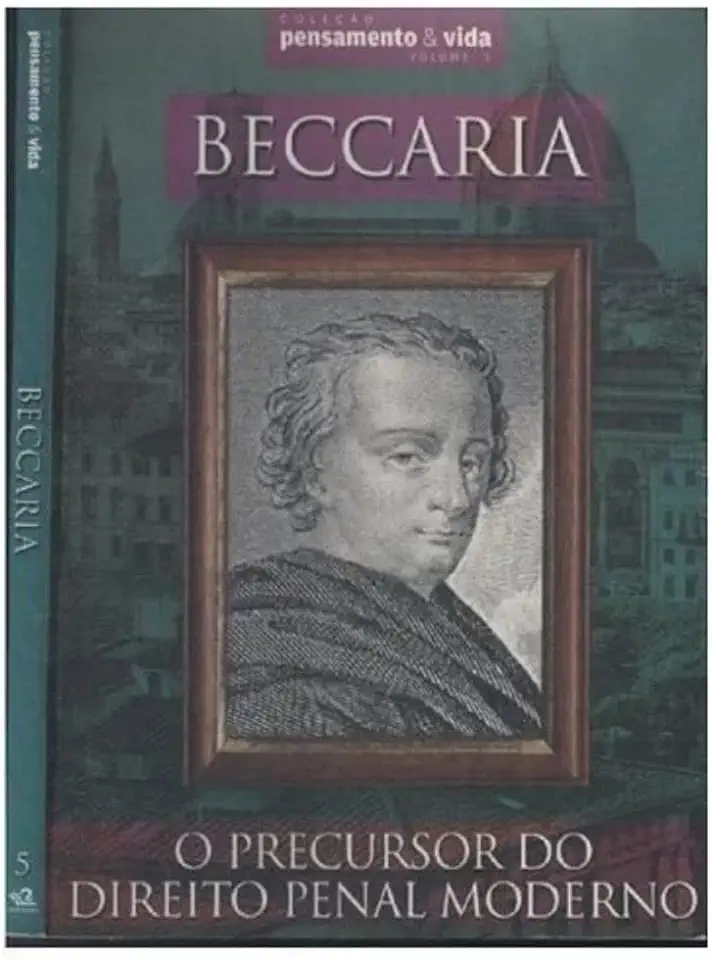
Cesare Beccaria - Precursor of Modern Criminal Law - Marcos A. Pereira
Cesare Beccaria: Precursor of Modern Criminal Law
A Revolutionary Vision of Justice
In the 18th century, the criminal justice system was a brutal and unjust affair. Torture was rampant, punishments were often cruel and unusual, and the innocent were frequently convicted of crimes they did not commit. Into this dark world came Cesare Beccaria, a brilliant Italian jurist and philosopher whose revolutionary ideas would change the course of criminal law forever.
A Call for Reform
In his groundbreaking work, "On Crimes and Punishments," Beccaria argued that the criminal justice system should be based on principles of humanity, equality, and proportionality. He condemned the use of torture and advocated for the abolition of capital punishment. He also argued that the severity of punishment should be based on the harm caused by the crime, rather than the social status of the offender.
Beccaria's Legacy
Beccaria's ideas were radical for his time, but they quickly gained traction. His work was translated into dozens of languages and influenced the development of criminal law in countries around the world. Today, Beccaria is considered one of the most important figures in the history of criminal justice. His ideas have helped to create a more just and humane system of law that protects the rights of all citizens.
Why You Should Read "On Crimes and Punishments"
"On Crimes and Punishments" is a must-read for anyone interested in criminal justice, law, or history. It is a powerful and eloquent call for reform that is still relevant today. Beccaria's insights into the nature of crime and punishment are timeless, and his work continues to inspire jurists and lawmakers around the world.
Key Concepts
- Humanity: Beccaria argued that the criminal justice system should be based on principles of humanity and compassion. He condemned the use of torture and advocated for the abolition of capital punishment.
- Equality: Beccaria believed that all people are equal under the law and that the criminal justice system should treat everyone fairly, regardless of their social status.
- Proportionality: Beccaria argued that the severity of punishment should be based on the harm caused by the crime, rather than the social status of the offender.
Quotes from "On Crimes and Punishments"
- "The laws are not made for particular individuals, but for the generality of the citizens; and therefore, particular cases, which may induce an apparent necessity of breaking them, are not sufficient to authorize a general transgression."
- "The certainty of punishment, even if it be moderate, will always make a stronger impression than the fear of a severe punishment, which is uncertain and remote."
- "It is better to risk saving a guilty person than to condemn an innocent one."
Conclusion
Cesare Beccaria was a visionary thinker whose ideas revolutionized the criminal justice system. His work is a powerful and eloquent call for reform that is still relevant today. If you are interested in criminal justice, law, or history, I highly recommend reading "On Crimes and Punishments."
Enjoyed the summary? Discover all the details and take your reading to the next level — [click here to view the book on Amazon!]